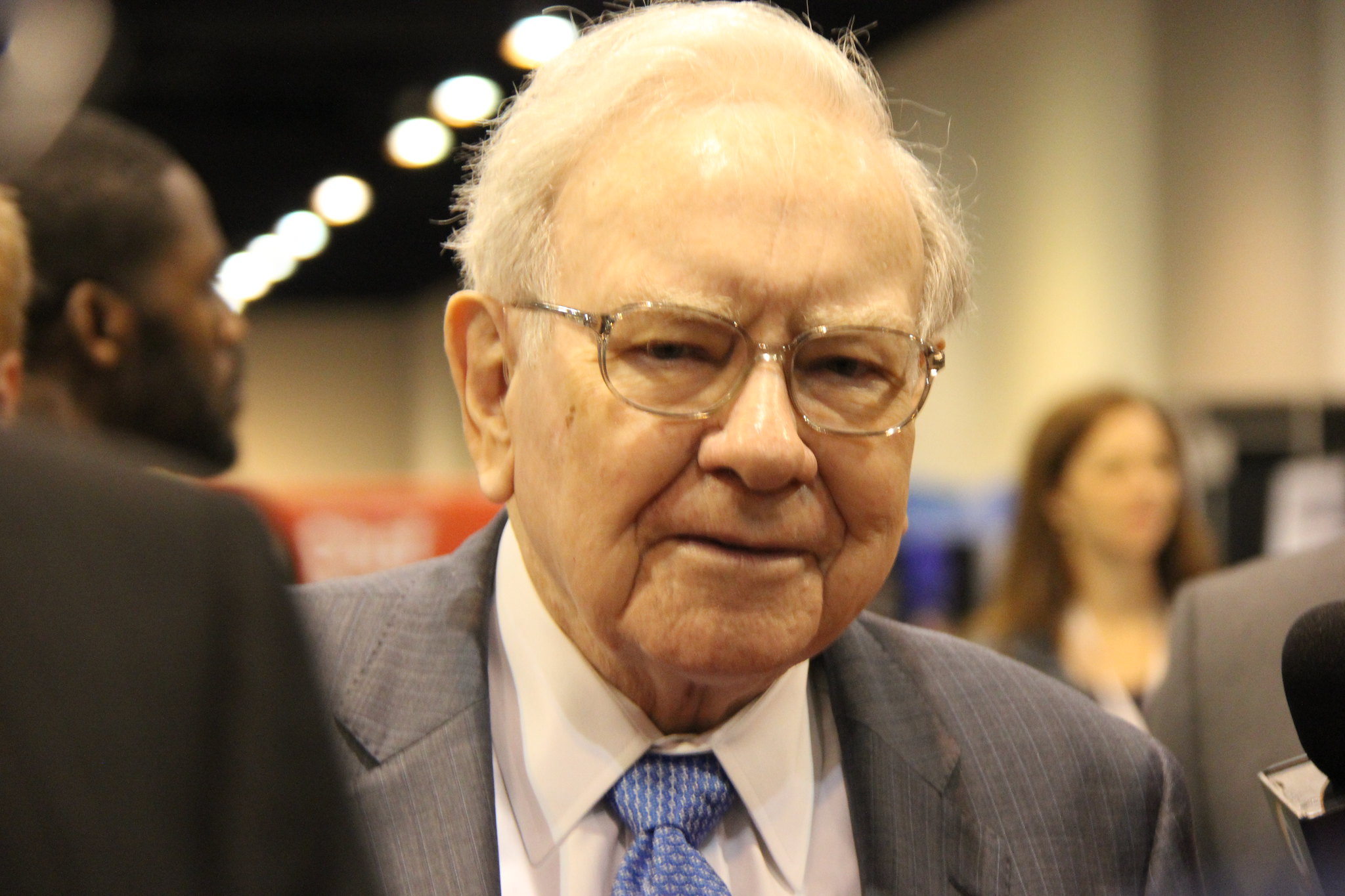Warren Buffett surprised Berkshire Hathaway (BRK.A 0.18%) (BRK.B 0.09%) shareholders earlier this month at the annual shareholders meeting when he announced that he would be ending a 60-year reign as the company’s president and CEO at the end of 2025. Greg Abel will take over both roles, and Buffett will move to the position of chairman. While the leadership change had been somewhat expected at some point (Buffett is, after all, 94 years old), the May 3 announcement still seemed rather sudden, especially since Berkshire’s stock is soundly beating the broader stock market this year. But all runs, even those as epic as Buffett’s, come to an end, and the Oracle of Omaha is going out on top.
The surprise announcement made this Buffett’s last annual meeting as CEO, so investors were paying extra close attention to Buffett’s comments on the market and broader global affairs, which he has been somewhat guarded about in recent years. While not mentioning President Donald Trump by name, Buffett did respond to a question regarding the current administration’s policies and took the opportunity to repudiate the idea of tariffs and their impact on the economy and the markets.

Image source: The Motley Fool.
Buffett’s views on trade have evolved
In the early 2000s, Buffett expressed concerns about the trade deficit, which Trump has cited as one of his primary motivations for imposing tariffs. In a 2003 Fortune article, Buffett introduced a proposal where U.S. exporters would have to acquire import certificates, presenting them with the right to import a certain amount of goods into the U.S. The certificates would also be able to be traded or sold to importers looking to sell goods to the U.S.
Buffett at Berkshire’s annual meeting said the idea “… was to balance imports against exports. And so that the trade deficit would not grow in an enormous way. In fact, it would have — and it had various other provisions in it to help Third World countries at that time, as they were called, to perhaps catch up a little bit.” Buffett was concerned that growing trade deficits would lead to growing piles of debt, which actually transpired in the U.S.
However, Buffett’s idea was never implemented, and he seemed to acknowledge that it might not have been his best idea. His friend, the late Charlie Munger, thought the idea was a bit much and “gimmicky.” Buffett also said that his import certificate idea “… is certainly a lot better than anything I think that we’re talking about now,” but that people shouldn’t “expect my import certificate idea to go down there with Adam Smith’s Wealth of Nations or anything.”
It is perhaps due to the 2003 Fortune op-ed suggesting import certificates that Trump reposted a video on social media, suggesting that Buffett had endorsed Trump’s sweeping tariffs. However, Berkshire Hathaway uncharacteristically issued a statement, saying that these allegations were false.
A mistake to use trade as a weapon
Buffett does his best to stay out of politics, and he did not mention Trump by name when discussing tariffs at the shareholder meeting. However, that did not stop him from indicating that he thinks the current policy is a mistake and that trade should not be used as a weapon. Buffett said that the U.S. should want to trade with the rest of the world, where the U.S. focuses on what it does best, and other countries do the same. Buffett seemed particularly concerned about attitudes that have emerged recently:
And in the United States, we’ve won. I mean, we have become an incredibly important country starting from nothing. Two hundred fifty years ago, there’s not been anything like it. And it’s a big mistake in my view, when you have 7.5 billion people that don’t like you very well and you got 300 million that are crowing in some way about how well they’ve done. And I don’t think it’s right, and I don’t think it’s wise.
It’s pretty clear that Buffett believes that the more prosperous the world becomes, the more people in the U.S. will benefit, largely because people and their children will feel much safer than they do now. Buffett doesn’t go out of his way too often to get into politics, so the fact that he’s publicly discussed tariffs twice this year, and had Berkshire issue a statement rejecting the idea that he endorsed Trump’s tariffs, says all investors need to know about how he feels about them.
Bram Berkowitz has no position in any of the stocks mentioned. The Motley Fool has positions in and recommends Berkshire Hathaway. The Motley Fool has a disclosure policy.

